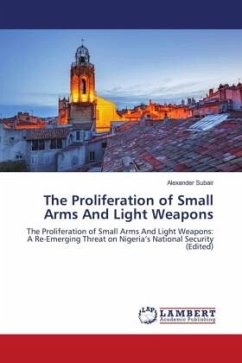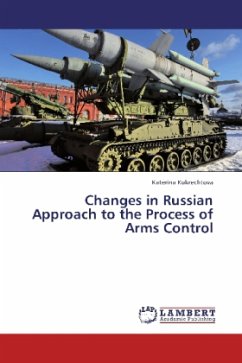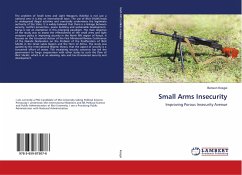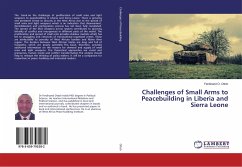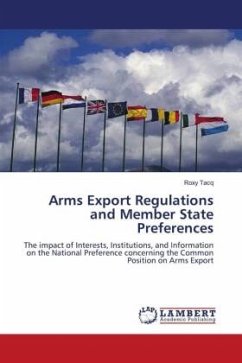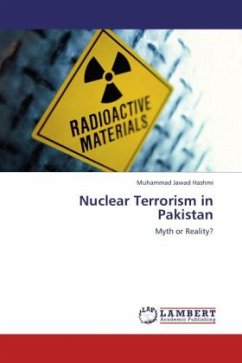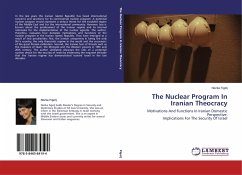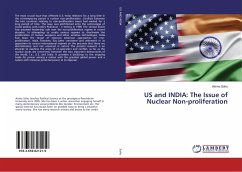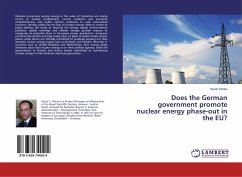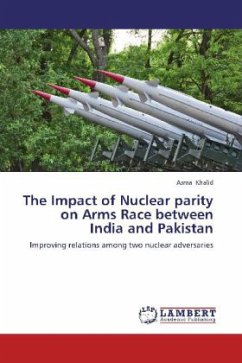
The Impact of Nuclear parity on Arms Race between India and Pakistan
Improving relations among two nuclear adversaries
Versandkostenfrei!
Versandfertig in 6-10 Tagen
32,99 €
inkl. MwSt.

PAYBACK Punkte
16 °P sammeln!
There is an asymmetry between India and Pakistan in conventional military capabilities. India is superior militarily, politically and economically than Pakistan. The growing defence production gap and Indo-US nuclear deal is disturbing the balance of power. The imbalance has trigger the conventional, missile and nuclear arms races between two countries. It severely destabilizes the security situation and deterrence stability in South Asia. To maintain peace and stability, it is necessary for India and Pakistan to shift their focuses from traditional security to non-traditional security. With t...
There is an asymmetry between India and Pakistan in conventional military capabilities. India is superior militarily, politically and economically than Pakistan. The growing defence production gap and Indo-US nuclear deal is disturbing the balance of power. The imbalance has trigger the conventional, missile and nuclear arms races between two countries. It severely destabilizes the security situation and deterrence stability in South Asia. To maintain peace and stability, it is necessary for India and Pakistan to shift their focuses from traditional security to non-traditional security. With the changing dynamics of security,India and Pakistan can change the nature of their relationship as nuclear neighbors through establishing bilateral arms control regime, increasing co-operation in economic field, using media as negotiating tool and through public diplomacy and youth-culture exchange program.



